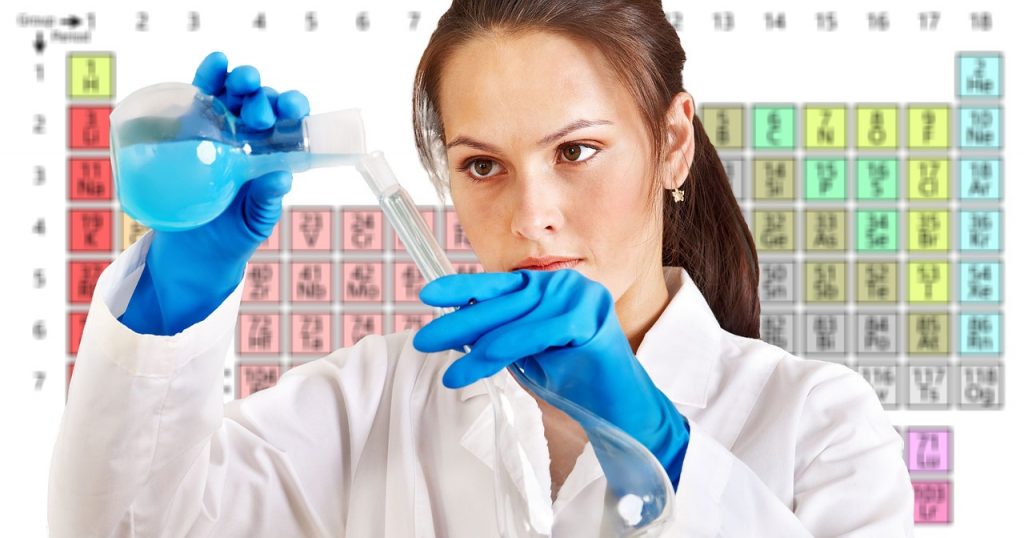Nitrogen Is In Short Supply And That’s More Dangerous Than You Think
Learn why less nitrogen could signal peril.
This article is more than 2 years old

There’s seemingly no end to the problems climate change will initiate for the people of planet Earth. The overabundance of greenhouse gasses limits certain nutrients and elements essential to human life. Nitrogen, one of the most integral components of human existence, is being threatened by the toxic emissions released into the atmosphere.
Nitrogen is one of the founding blocks of humanity and is as necessary as the air we breathe. Its a component of the atmosphere, fertilization, and a building block for foundational proteins. But its abundance is fleeting, a startling find from scientists who study the effect of climate change. In the past few decades, the amount of nitrogen in the world has been declining.
The cause of this nitrogen depletion is likely human activity. Massive industries have notably dismissed their detrimental impact on the climate, lobbying against more sustainable energy strategies or greener implementations. The planet is in trouble, struggling to maintain the needed atmosphere for humans to exist.
The declining nitrogen numbers were documented in a study released by Science last Thursday. Led by senior author Andrew Elmore, professor of landscape ecology at the University of Maryland, the essay reveals the issue of nitrogen depletion and states evidence that corroborates the study. The study also outlines potential outcomes of continuous nitrogen depletion, which does not look good for the human race’s future.

This specific study has been delayed, and news outlets concerned about climate change have taken on other catalysts caused by toxic emissions. For the most part, nitrogen depletion has been overshadowed. This relegation of the nitrogen issue is primarily due to a mix-up between different nitrogen compounds.
Most news sources cover agricultural or fossil fuel industries’ harmful emission of reactive nitrogen, which does have a devastating effect on worldwide ecosystems. But this often confuses the non-scientific public about the necessity of the nitrogen element, possibly believing that the two elements are interchangeable. A failure of sources to circulate information about the harm of nitrogen depletion could lead to further misinformation surrounding the subject.
Though there are many open interpretations of the Science nitrogen study, an unwavering fact is that human activity has caused the deficiency. Most notably, human use of fossil fuels has emitted harmful chemicals into the atmosphere and reduced necessary nitrogen sources. Now, these greenhouse gases have entirely changed the makeup of our atmosphere, skyrocketing carbon dioxide levels to an all-time high. This could have frightening consequences for the animals, plants, and humans that coexist on this planet.
Scientists who’ve tested terrestrial plants worldwide have seen an average of 50% higher CO2 levels than 150 years ago. Plants need CO2 to grow, and many of these plants have grown vastly larger than usual due to the excess element. But, this acceleration of flora prosperity isn’t keeping up with the amount of nitrogen, creating a precarious disparity between the two elements. Today, scientists are seeing a dilution of nitrogen in plants, which could slowly affect whole ecosystems if this continues.
The contrast between CO2 and nitrogen levels in the atmosphere could change how our world operates entirely. People on this planet exist due to the careful balance between the climate and its integral elements. Still, with uncontrolled toxic chemicals flowing into the atmosphere, this delicate life on Earth could be irreversibly harmed.





